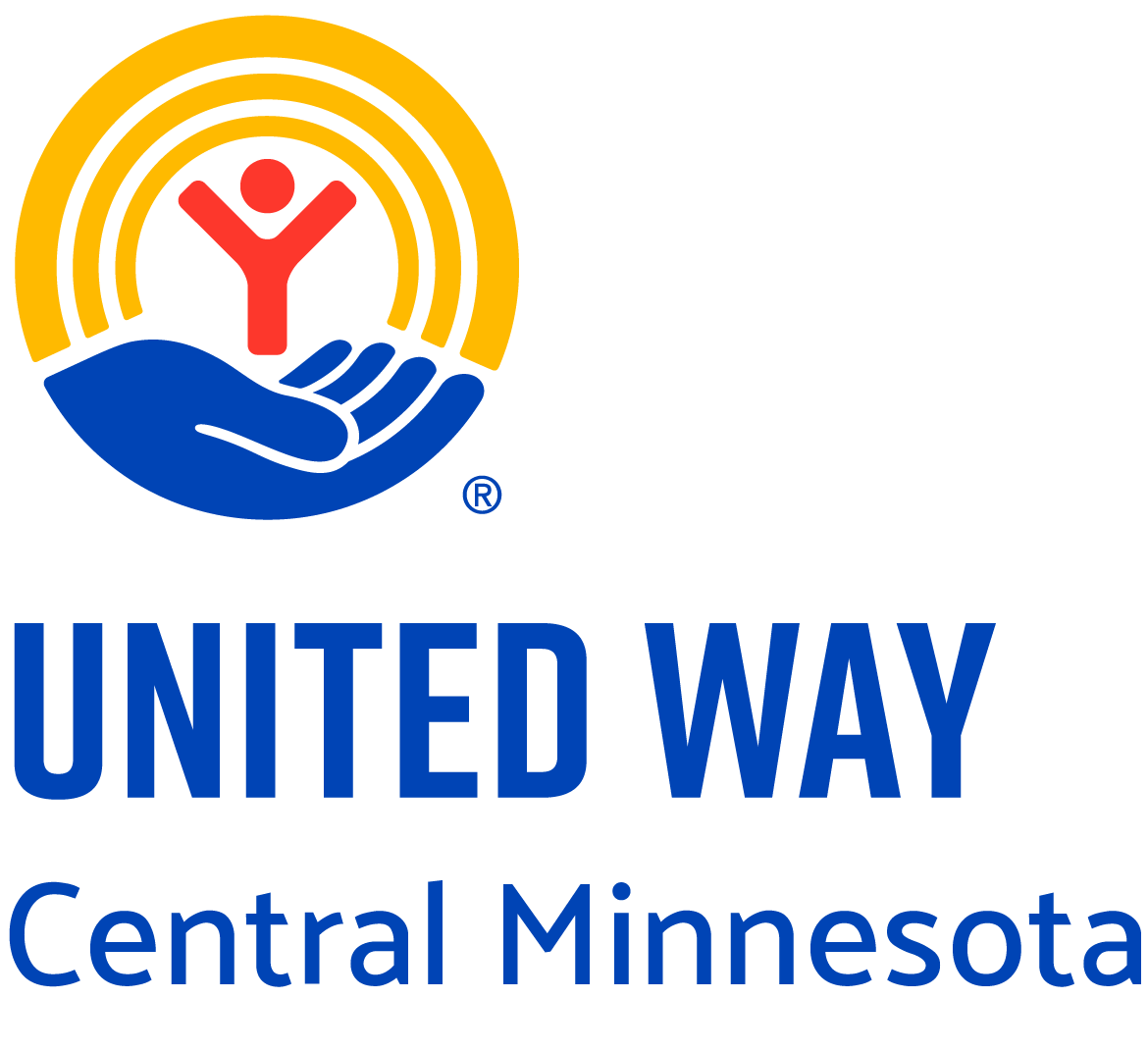The average delay between onset of mental illness symptoms and treatment is 11 years.
This stunning statistic from the National Alliance on Mental Illness is the reality that resides at the center of a national mental health crisis. After a person decides to seek care, it’s common to wait another four weeks for the opportunity to talk with someone in person.
In addition, the dynamics with mental health are vastly different than other aspects of a person’s wellbeing. Most people don't think twice about scheduling an annual physical exam, teeth cleaning, vision checkups, and more. But when it comes to mental health, these trends point to a stigma about asking for help that results in misinformation, misguidance or worse, no action at all.
This vicious cycle needs to be broken and can only be achieved with education, support and access, and the right resources in places. Healthy, vibrant communities are only possible when the mental health care needs of community members are being met. The United Way of Central Minnesota (UWCM) is working to break barriers, and build up resources, for mental health care as a component of its core health pillar.
Understanding mental health
In order to create change, it’s crucial to understand the problems and gaps around mental health care. According to the National Alliance on Mental Illness (NAMI), millions of people in the U.S. are affected by mental health challenges each year. This equates to:
- 1 in 5 U.S. adults experience mental illness
- 1 in 20 U.S. adults experience serious mental illness
- 17 percent of youth (ages 6-17) experience a mental health disorder
According to the National Alliance on Mental Health (NAMI), numerous health conditions and other consequences prevail when mental health is ignored.
- People with serious mental illness have an increased risk for chronic diseases like diabetes or cancer.
- More than 20 percent of people experiencing homelessness have a serious mental illness.
- Of the people incarcerated in state and federal prisons, 37 percent have a diagnosed mental illness. That number is even higher for youth, with 70 percent of juvenile detention occupants having at least one mental health condition.
And then there’s the difficult topic of suicide. If someone is unable or does not want to get the mental health care they need, they are at a higher risk of suicide. In the U.S., suicide is the second leading cause of death among 10-34-year-olds. And suicide is the 10th leading cause of death in the U.S.
It is vital to focus on mental health, especially following a year of isolation and financial stresses triggered by the COVID-19 pandemic. According to a June 2020 study by the Center for Disease Control and Prevention, 40 percent of U.S. adults reported struggling with mental health or substance use. This was partially due to the added stress of the virus, the loss or fear of losing a loved one, and the impact of physical distancing or stay-at-home orders.
Like physical health challenges, it’s important to understand that mental health challenges are not always visible, but they are close by. Individuals struggling to maintain mental health are in our communities, in our workplaces, our schools, and in our own homes.
Opportunities for better mental health care
One of the greatest assets any community has is the health and well-being of its residents. UWCM is focused on every person's physical and mental health, young and old. The core pillar of health addresses physical activity, childhood obesity, access to vaccinations, adequate meals outside of school hours, and mental health support.
There’s more to mental health care than seeking help with mental illness. Routine mental health check-ups can reduce anxiety, improve moods, lead to clearer thinking, create a greater sense of calm or inner peace, increase self-esteem, reduce risk of depression, and improve relationships.
UWCM leverages experts from the field to help create awareness, education, and resources around mental health. Central Minnesota Mental Health Clinic's (CMMHC) Executive Director Dr. Richard Lee, serves on the United Way's Health Committee and is helping to explore ways to address the communities' mental health needs.
“We brought together a team of experts and community members to provide insights and to research best practices around the country that may be adapted to our community. Some of these strategies include beginning education on mental health much earlier—while students are still in elementary school—and integrating mental health into their primary care. We believe these techniques will begin to break down barriers while building knowledge around the importance of mental health.”
The UWCM Health Committee is also exploring issues within the current mental health systems and options in the Central Minnesota region and creating action steps to address concerns and improve what’s currently available.
Addressing the stigma around mental health
The stigma around receiving mental health care is often cause for delay in receiving care or taking no action at all. Mental health care should not be limited to people with mental health challenges.
With physical health, it has taken decades of research to demonstrate the positive benefits of preventative care such as exercise, healthy eating, and routine check-ups. A preventative approach creates a stronger body that may reduce some harsh effects of aging or genetics.
The work of the UWCM, and the Health Committee specifically, aims to change the narrative around mental health care and the benefits of preventative care. Preventative measures can improve communication and interpersonal skills, lead to greater self-acceptance and self-esteem, improve self-expression and management of emotions, and bring clarity and relief from depression and anxiety.
Mental health and physical health can go hand-in-hand as exercise can improve brain function. Physical movement can improve mental health, cognitive function, and memory, while reducing stress, social anxiety, and depression.
Approaching mental Health with students and young adults
It’s critical to begin discussions on mental health and wellness at a young age. This can help to encourage healthy social, emotional, and behavioral well-being, which is central to overall healthy development.
UWCM Board Member Melinda Gau is partnering with the Jackson Roeder Memorial Fund to help make progress toward addressing stereotypes and misunderstandings related to mental health. Jackson struggled with mental health issues for 14 years. After seeking help and giving the illusion that he was fine, Jackson died by suicide at age 25.
Jackson's death was a complete surprise to his family and friends. Now, his parents, Scott and Reyne Roeder, have become ambassadors for mental health care. They want to eliminate the stigma and increase awareness of mental health, so other families don't have to endure the same loss.
UWCM seeks to bring resources to individuals and families that can guide healthy conversations about mental health, such as these prompts from the American Foundation for Suicide Prevention:
- "I've had times in my life when I've struggled. I went to talk to someone, and it really helped me."
- "I care about you, and I've noticed you haven't been yourself lately. You seem more frustrated than you've been in a while, and I'm wondering how you're doing."
- “I wonder if what’s happening at school these days is stressing you out.”
- “With everything that’s going on in your family, I wonder if you’re feeling overwhelmed.”
- “I’ve been through things in my life, too, and what I’ve found is that talking about it helps. Whatever it is, I’m here to listen and support you.”
- "The other day, I noticed you seemed upset. I made a note that I wanted to talk with you. I'm really concerned about how you're doing. So let’s talk.”
Resources for better mental health
Communities have a responsibility to educate, provide resources, and to ensure equal access to these resources, and the UWCM is here to help.
- The 211 resource guide includes mental health services throughout Central Minnesota. 211 is a free and confidential service that helps people across North America find the local resources they need 24 hours a day, seven days a week.
- Surviving the Tough Times is a downloadable PDF resource for addressing basic needs, including mental health, in Benton, Sherburne, Stearns, and Wright counties.
Financial gifts fund critical outreach, education, resources, and programming for kids and adults. Individual advocacy brings a voice to education and resources, and getting involved by volunteering can strengthen individual awareness and demonstrate the collective impact.
Every person, in every community, can play a role in raising awareness, providing education, and ensuring individuals know about, and have access to, critical mental health resources. The community’s collective efforts are the only way we can begin to break down barriers in order to secure overall health for every individual.
Better health means a better life, period.





